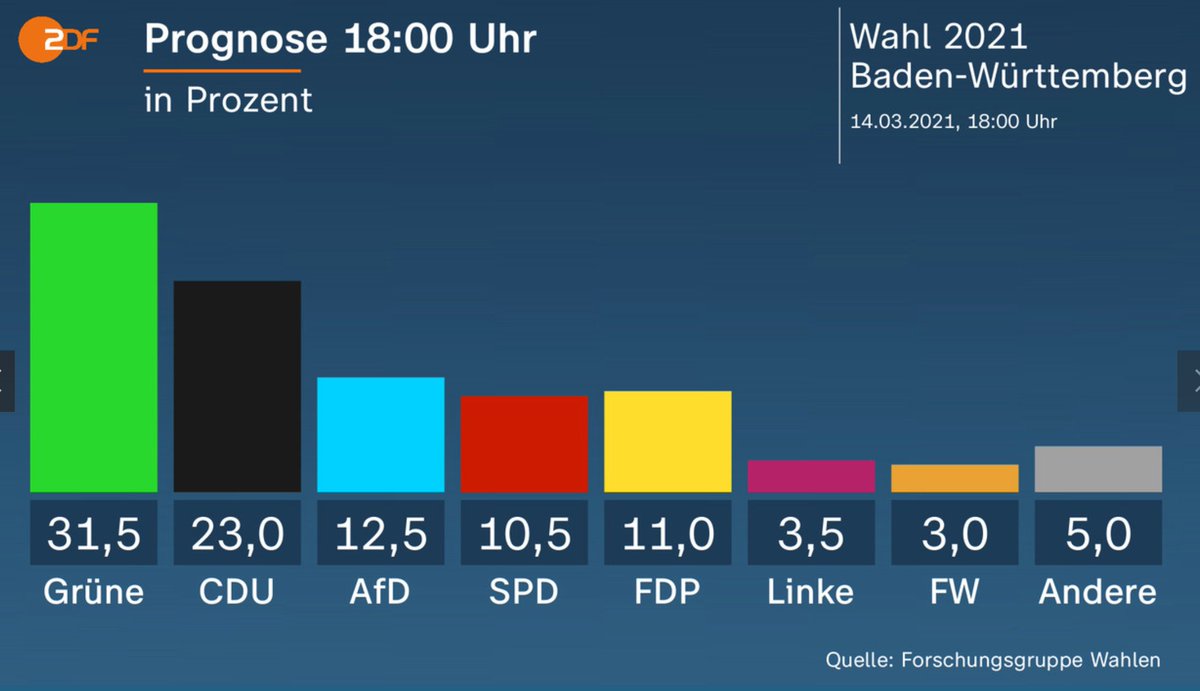
BREAKING: @ArgoAI and @Ford say they plan to launch self-driving vehicles (with safety drivers) on the @Lyft network beginning in Miami before the end of 2021. #Robotaxis #SelfDrivingCars #AutonomousVehicles @VWGroup
In a statement, @Ford, its associate @ArgoAI and #ridehailing service provider @Lyft say "the parties are now working to finalize agreements aiming to deploy at least 1,000 autonomous vehicles on the Lyft network, across multiple markets over the next five years."
As part of the deal, @Lyft will join @Ford and @VWGroup as an @ArgoAI shareholder. The #ridehailing service company will receive 2.5% of the common equity as part of the licensing and data access agreements to collaborate on the safe commercialization of #AutonomousVehicles.
“Argo and Ford are currently piloting, mapping and preparing for commercial operations of autonomous vehicles in more cities than any other AV collaboration, and this new agreement is a crucial step toward full commercial operations,” says Ford exec Scott Griffith in a statement.
The next city to see the introduction of this service come next year is #Austin, just in time to take workers to hail autonomous rides to $TSLA's own #GigaTexas plant. @ElonMusk has argued #robotaxi fleets like this one by @ArgoAI will not be able to scale as quickly as his own.
.@ElonMusk is taking an entirely different approach. This month he rolled out the camera-only #TeslaVision. He hopes to utilise customer vehicle data to train a neural network, solve the technical problems and flash update $TSLA cars equipped with #FSD over the air all at once.
This would indeed be infinitely more efficient than a piecemeal rollout of localised #robotaxi services, but it is also by comparison the far more complex challenge to solve. These two approaches were recently contrasted in @PatrickMcGee_'s FT deep dive. ft.com/content/46ff4f…
• • •
Missing some Tweet in this thread? You can try to
force a refresh







